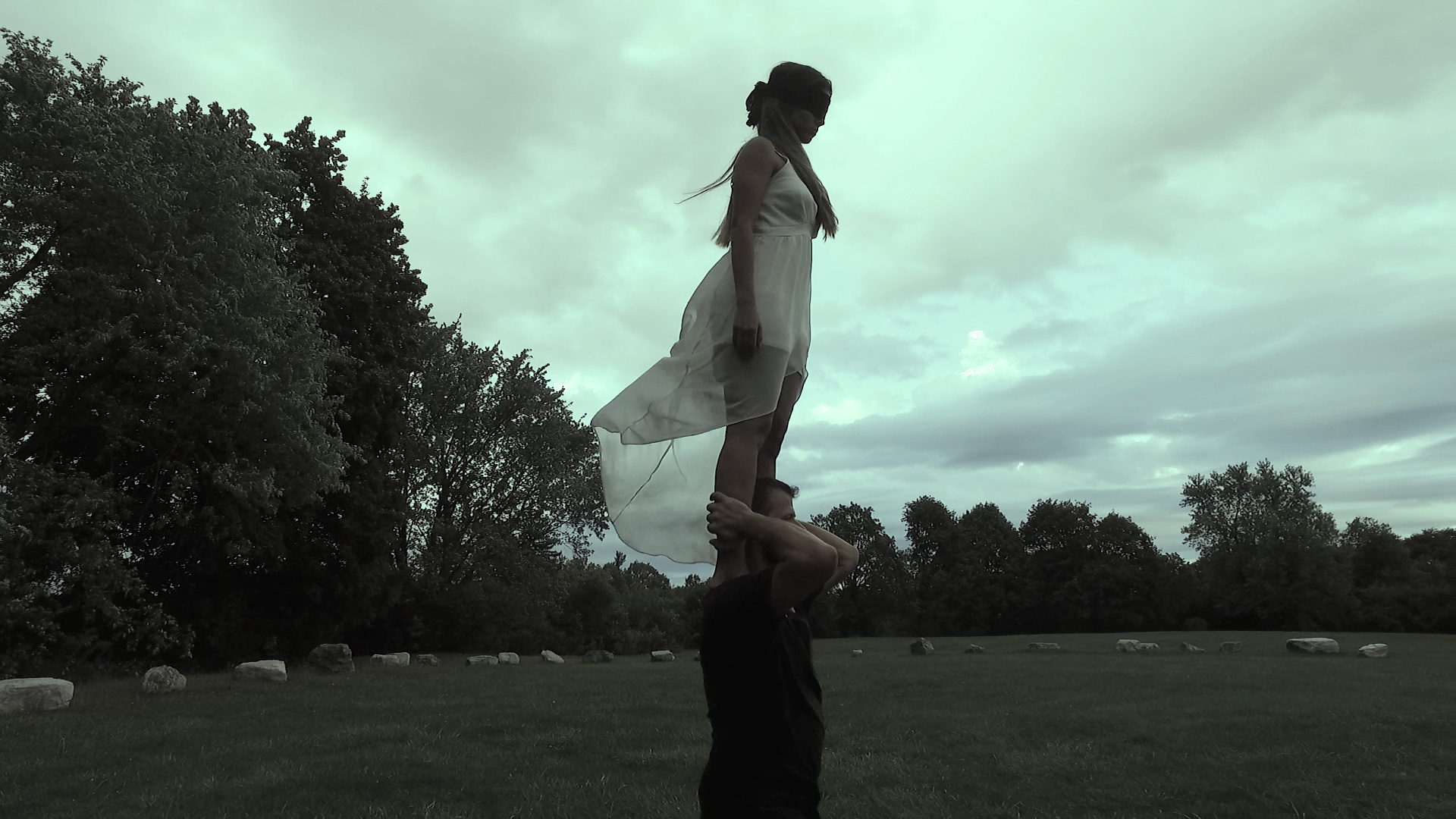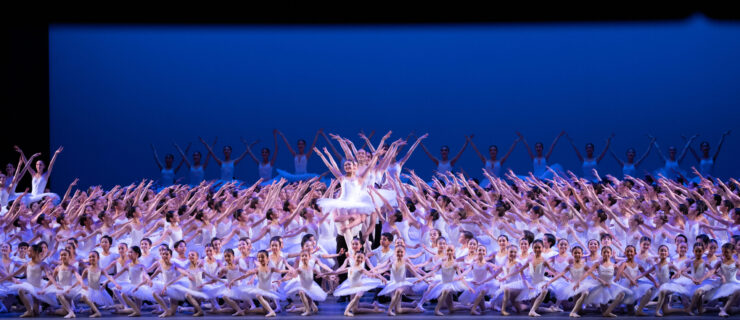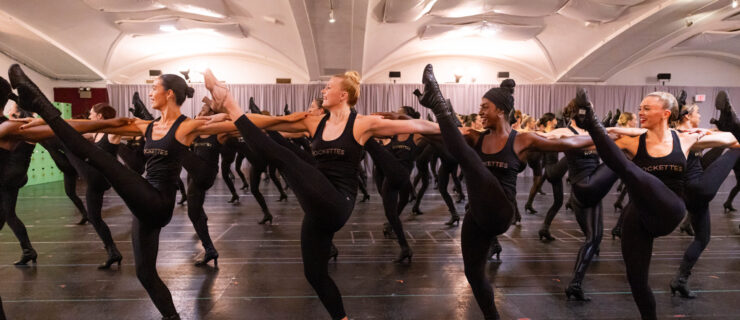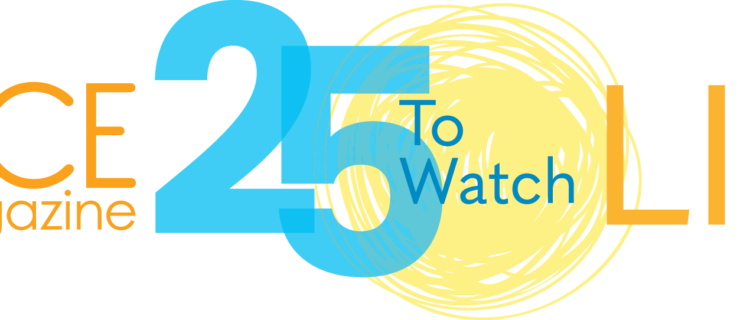A Q&A with Tina Bararian, Who Is Connecting the Dancers of Iran
Tina Bararian, an Iranian dancer and choreographer living in New York City, founded Dancers of Iran in April 2021. The organization has a website, Instagram page, and YouTube channel that feature Iranian artists and also provide information about classes, workshops, and auditions, all of which is scarce for dancers who live in a country where dance is forbidden. Dance Magazine caught up with Bararian to find out why she created the site, what she’s hoping to achieve with it and how she’s supporting Iranian artists.
DM: Could you talk about your beginnings as a dancer?
Bararian: I was born in Iran, in a small city called Babol, in the north. I was born after the 1979 revolution, which completely changed everything in the country. The Iranian National Ballet was closed down; all the dance schools were closed down. Dance, for the government, is seen as a cheap art, as seductive. Growing up, people from my generation did not have the chance to have a dance class.
My dance journey started when we first immigrated to Australia, when I was 11. I was given a free platform for the first time, and at the end of our year at the school, we were told we could perform whatever we wanted. At that time, I was obsessed with Michael Jackson. I mean, the resources we had [in Iran] were so limited, but we did have an international cable TV. Now, if the government knew that we had these international TV sets, they would come into your house, imprison you, take away the TV, you might have gotten lashes, I don’t know. When I was three, they walked into our house and my dad had to go on the roof: He fell off and broke his leg trying to dismantle the cable.
In Australia, my dad was working on his degree in physiotherapy, my mom was working all the time, so I was alone a lot of the day. One of the things that got me through the day was dancing, and I liked dancing to Michael Jackson. I decided to perform it for the school show and I got so much great positive feedback and I was like, ‘I never knew that this was something I could do!’ When I was 14, we immigrated to Canada and my mom said, ‘why don’t you take ballet classes?’ I really owe my dance journey to my parents, because they were my main supporters, and they were the ones who pushed me to continue and to not give up.
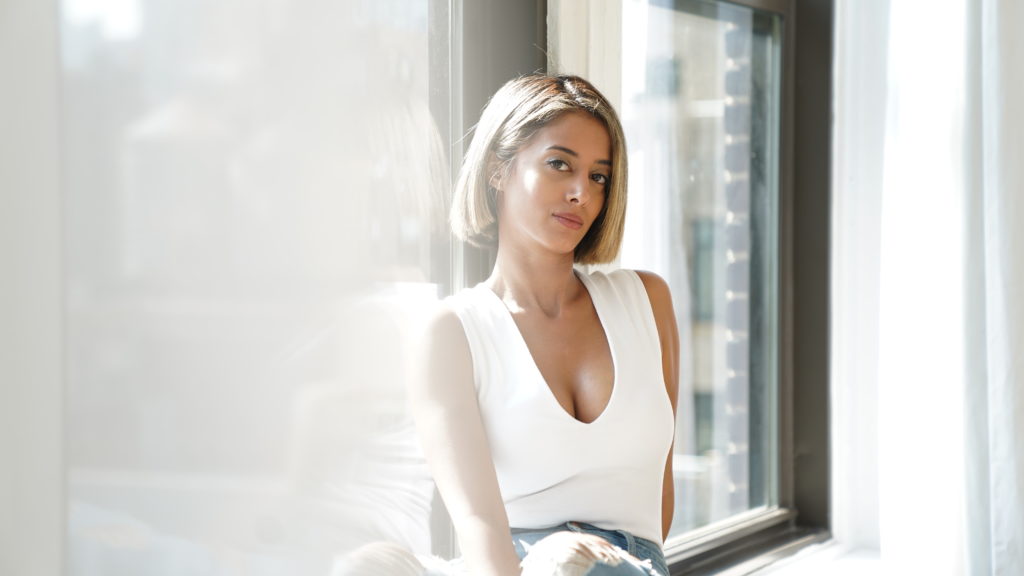
Why did you start Dancers of Iran?
I used to travel to Iran, and I really wanted to do something for the dance world. Now, compared to when I was growing up, there are classes, there are dance schools, they do have performances. It’s just that it could get canceled at any time, if the government officials want to come and cancel it. It is not a free platform. While I was travelling, I wanted to do something for the dancers there, but a lot of them were scared, which I understand, because if they publicly show a dance video of themselves, they might get imprisoned.
When the pandemic hit, [at first] I didn’t feel like I was capable of doing anything. This site was so they could feel like they can be seen. So that’s how it started. Dance performances have been illegal in Iran for the past 40 years, but people are still dancing—you can’t suppress it.
What do you hope to accomplish with Dancers of Iran?
In Iran, we really don’t have a dance community. I wanted to create a community. I want this platform to say, ‘you’re all being supported; you all have talent.’ I think that’s what kept it going, and dancers feel more comfortable now to share their videos. Basically, it’s like a free marketing platform. I also have a YouTube channel for Dancers of Iran where I started to offer more information about what I know about the dance world. I use my own portfolio—my resume, my reference letters—as examples. I have done workshops [via Zoom] for them as well.
How do you feel with Iran and Iranian women being at the forefront of global news? What role do you feel dancers play in this struggle?
What happened to Mahsa Amini, every person, especially every woman, could relate to. She was an ordinary woman, walking down the street, who got killed for nothing.
We are dancing for, hopefully, the next revolution. I feel very proud of Iranians and Iranian women right now. I’m trying to support them in any way I can. I can use my platform to be a voice, so now the page is more focused on what’s going on right now and responding to that. When I started Dancers of Iran, I really tried not to be political because I was mindful of the dancers who are inside Iran. I wanted the dancers to feel safe. But now, it’s not a time for that. Now you have to pick a side, and we’re going to pick the right side.
